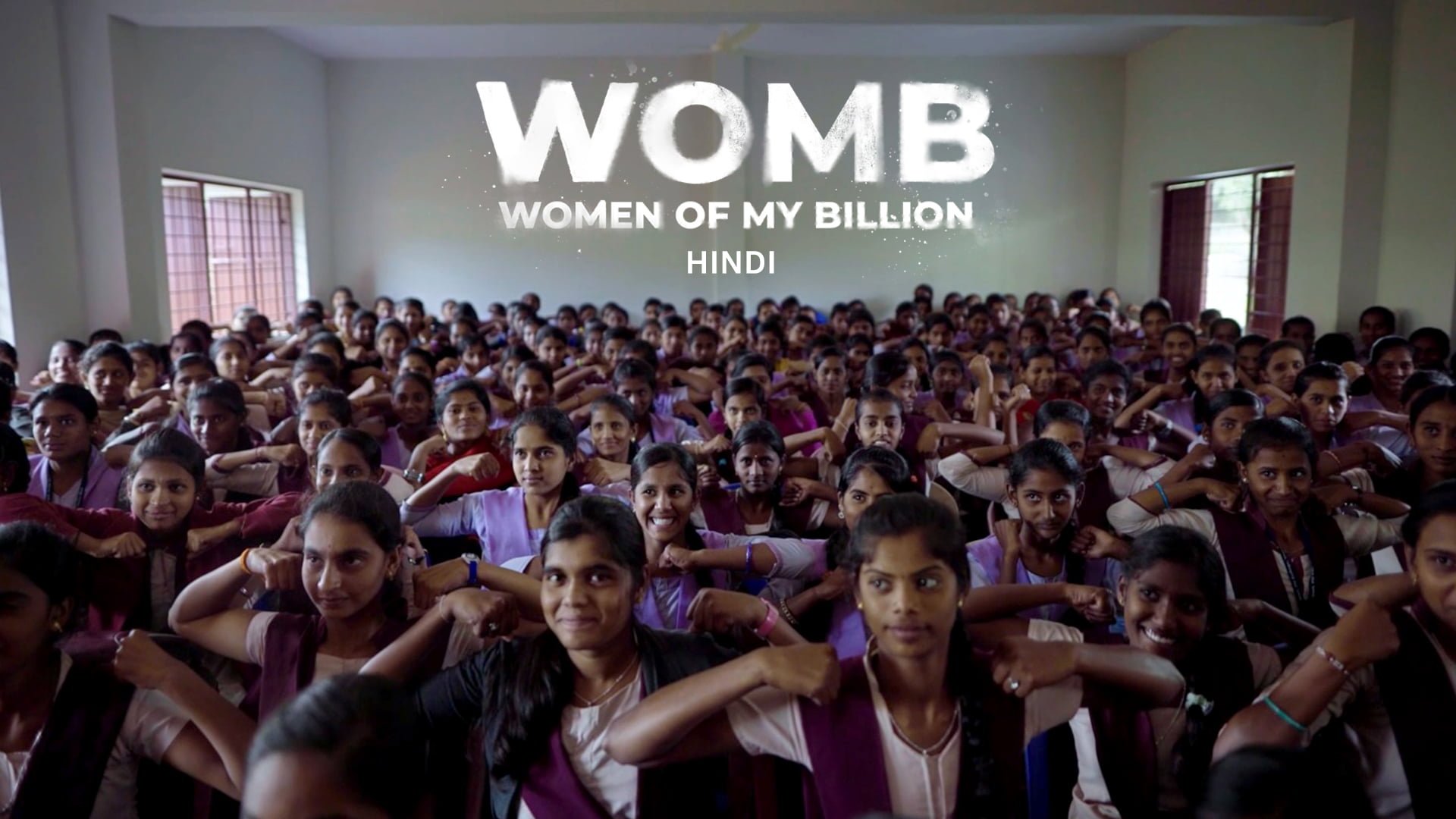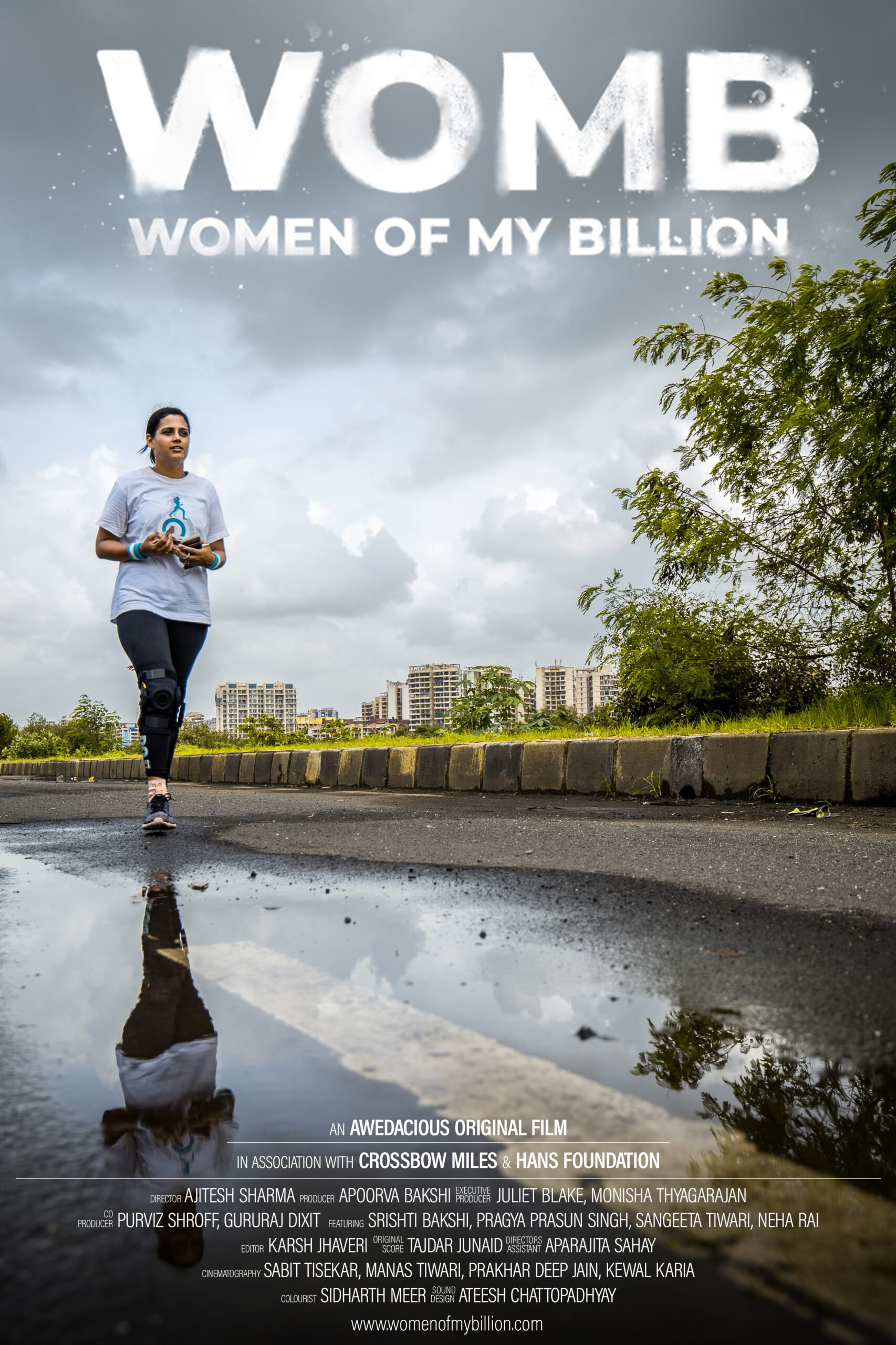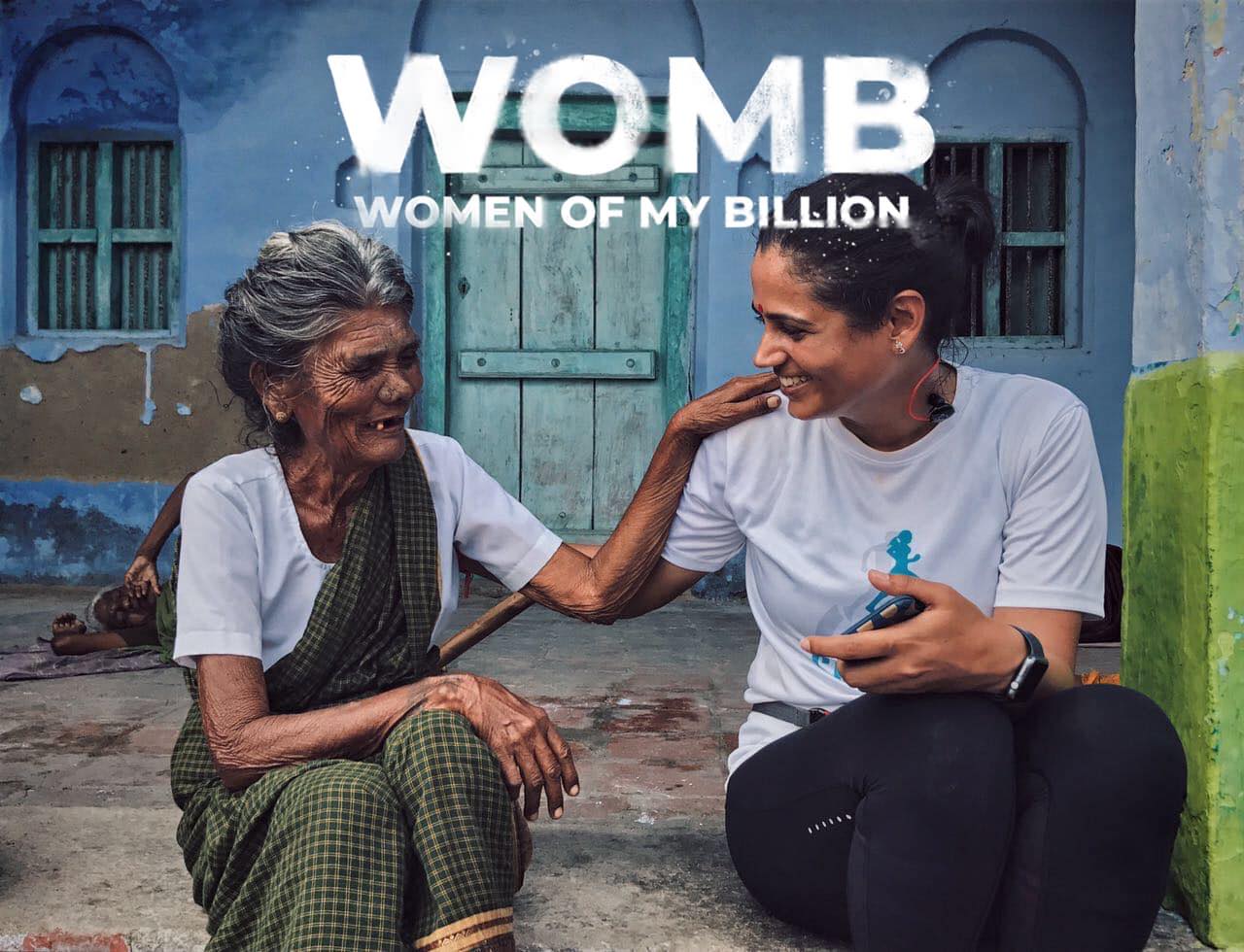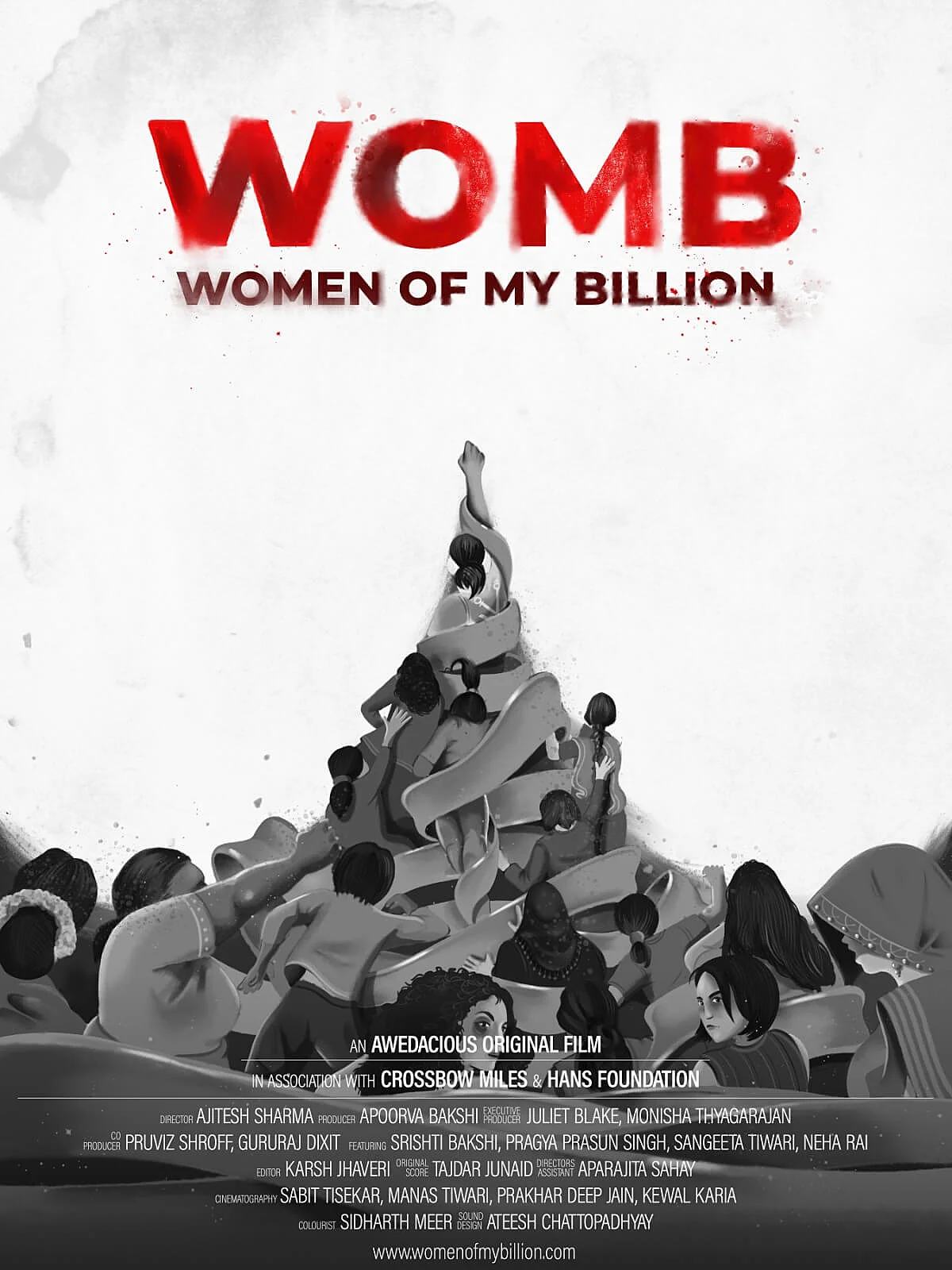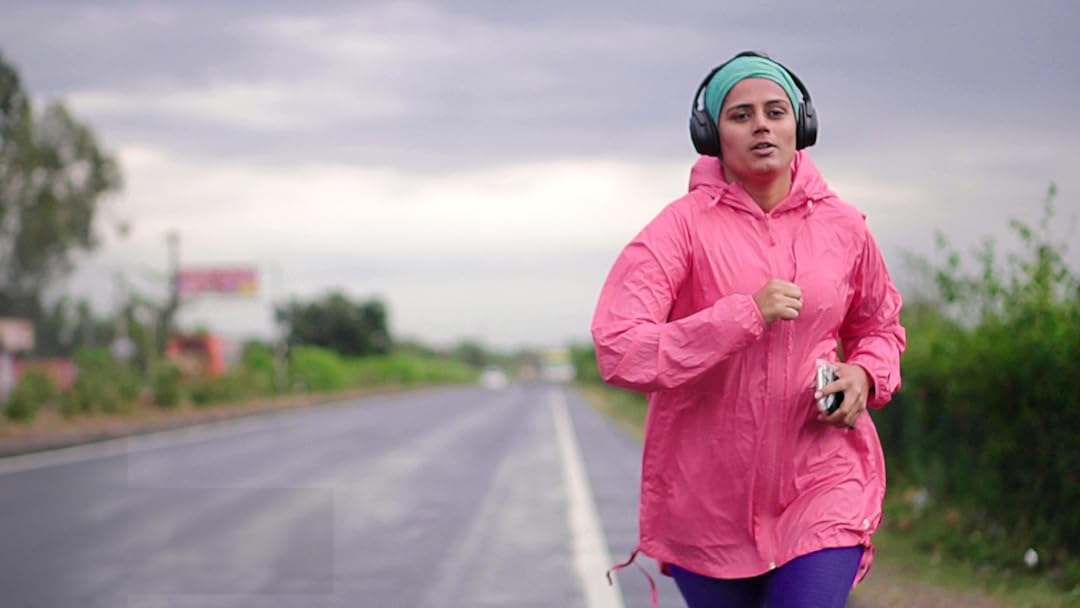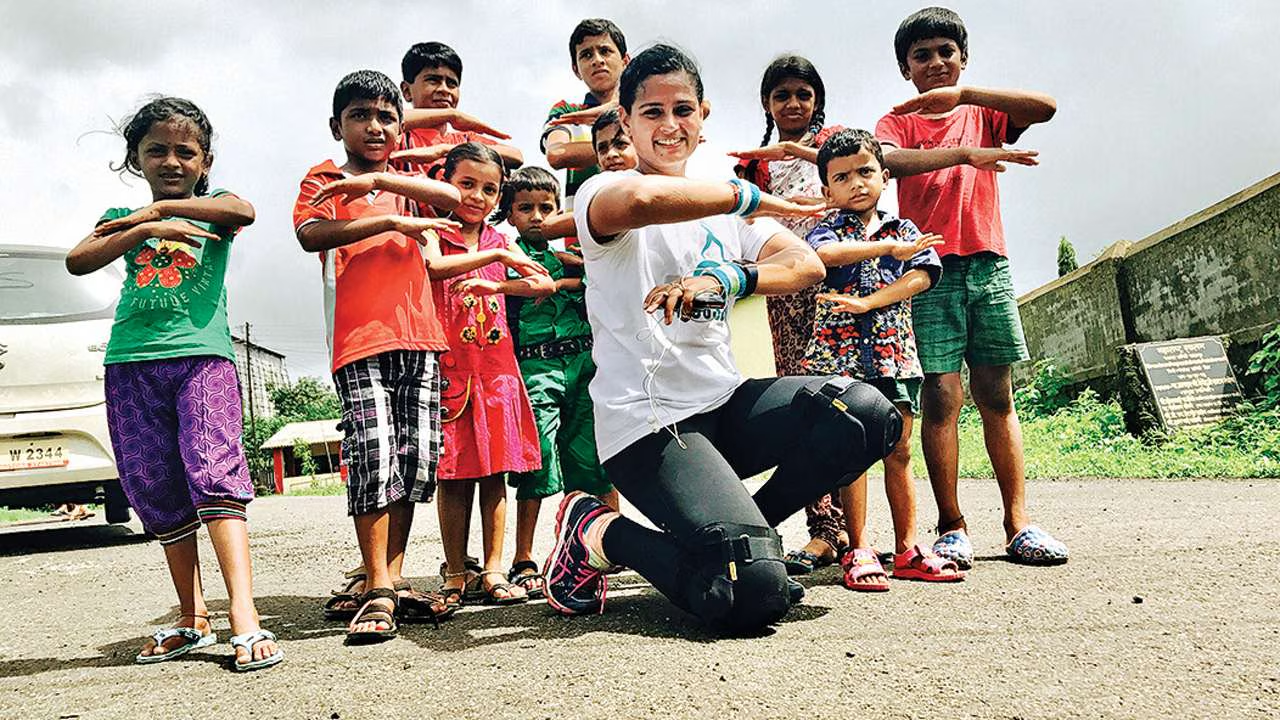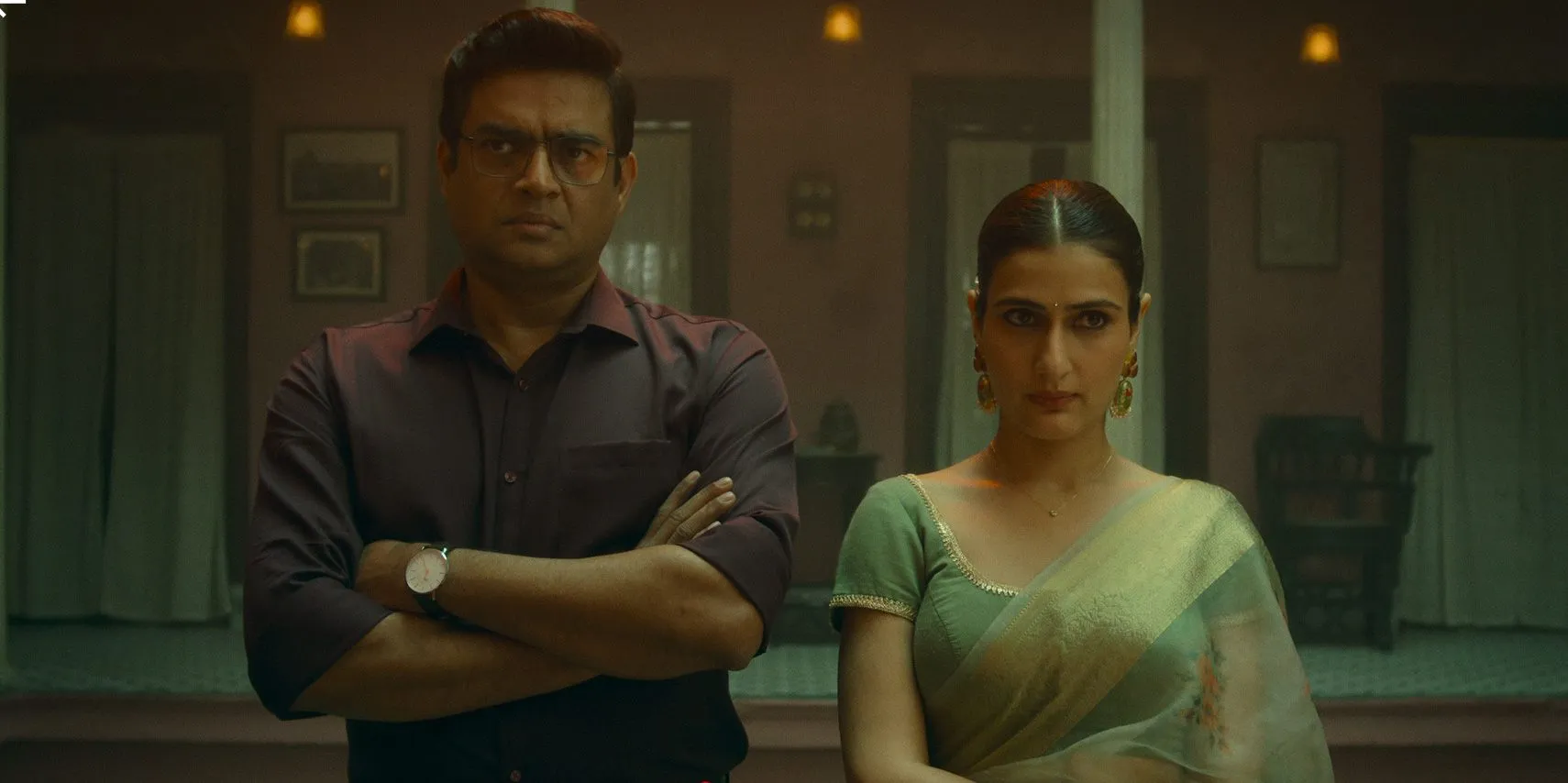The review is interlaced with snippets of conversation with Srishti Bakshi about the film and the campaign, conducted for this piece.
In the middle of the famous dance of democracy, the news cycle is flooded with promises, propaganda and everything in between. 48.5% of the Indian population is female and the SBI projections indicate 49% of voter turnout will be women this year, with speculations about women surpassing male voters by 2029. Yet, this election stands on the tumultuous ground of gender-based violence against women – from Manipur to Sandeshkhali to Prajwal Revanna. The latest NCRB report revealed that 4.4 lakh cases of crime against women were registered – which amounts to 51 cases every hour. WOMB – Women of My Billion, an Indian documentary released last week on the Indian OTT platform would be an ideal watch before you vote.
The gender that has been for the longest time known as the mother, daughter, sister or wife of someone, needs to be reinstated from the collective and generic to the individual and unique
Anyone familiar with a newspaper or news portal knows the familiar surge of anger and helplessness of thumbing through yet another case of sexual violence or worse, the acquittal of an accused on the grounds of good behaviour or political power. Srishti Bakshi, working miles away from the country, was experiencing what so many of us have been feeling. A lesser-known case on Highway 91 propelled Srishti to quit the security and comfort of her life and career in Hong Kong. She returned to her country to make sense of reality.
In 2016, a teenage girl and her mother were allegedly gang-raped along National Highway 91 while the male members were tied up. Bakshi decided to walk 3800 km – from Kanyakumari to Kasmir, to talk about and understand this violent plague that has India in its chokehold. Thus CrossBow Miles was born and eventually led to the birth of the documentary WOMB – Women of My Billion. In a conversation with Srishti Bakshi she opened up about the genesis of the project, ‘What did I do? If I am pointing fingers – ki government ko kuch karna chahiye aur logo ko kuch karna chahiye – uss logon mein main bhi hoon. So what am I doing about it?’
Presented by Priyanka Chopra and produced by Apoorva Bakshi, founder-partner at Awedacious Originals and Srishti Bakshi’s sister, WOMB is directed by Ajitesh Sharma. Srishti’s journey decides the literal course of the film while transforming into a symbol of the struggle against gender-based violence in India. The structure stands on three pillars – Sangeeta Tiwari – a retired and decorated army doctor, Pragya Prasun – the founder of Atijeevan and Neha Rai.
WOMB is based on the experiences of Sangeeta, a widow who was pushed around by men throughout her life till she had had enough, Pragya, an acid-attack survivor who created a bridge for hundreds of other survivors to cross – from trauma to life, and Neha, a marital rape and assault survivor who is happily married and recuperating. Their narratives are presented like case studies weaving through the film to make a coherent document. There are two more significant cases – Laxmi and Anjali – showing two different faces of violence in rural India.
Srishti’s journey decides the literal course of the film while transforming into a symbol of the struggle against gender-based violence in India.
We are introduced to the first three characters in an indoor, polished setting, but as the film progresses and we meet more women, we do not get a chance to know their names. Feminist conversations have often thrown light upon the importance of calling women by their name – the gender that has been for the longest time known as the mother, daughter, sister or wife of someone, needs to be reinstated from the collective and generic to the individual and unique.
When asked about the choice, Bakshi said, ‘It’s not about the face of the person. Neha, Sangeeta, Pragya – we needed to know them deeply because these women represent the 300, 400 interviews we have of women… We did not show a lot of names because what they are saying is… representational of many other women.’
‘I had to hand over the decision of who would be those three individuals… I wanted all of their voices to go far and wide.’
The three central stories progress as a slow reveal through the breadth of WOMB and act as a crucial anchor, as Srishti makes her way from Kanyakumari to Kashmir. The journey of the film – from anger to hopelessness to hope and strength – is echoed in their narratives. Even in the overwhelming sadness and anger you feel throughout the film there is a moment of joy when near the end of their story you see their faces relax, eyes soften and mouths brighten with smiles. The weakest link of the film is that it switches gears, in both voice and narrative, far too many times – pulling the audience in many directions.
WOMB opens with an investigative tone where the filmmaker along with Srishti is seen following the sound of a woman screaming. They barge into an evident scene of violence. They help her out of the house. The screen goes black and the film begins, switching the narrative to the campaign. The tone of the film continues to change and falter. There are many such relevant focal points in the film – from circumstantial evidence to marital rape and domestic abuse to the dowry system to child sexual abuse to the sheer volume of stories to the campaign’s novel initiative to the emotional and physical toll of such an initiative to financial and digital literacy.
Srishti won the Changemakers’ Award at the UN SDG Awards for this campaign – especially for her work in using financial and digital literacy as tools of women’s empowerment.
Srishti won the Changemakers’ Award at the UN SDG Awards for this campaign – especially for her work in using financial and digital literacy as tools of women’s empowerment. Yet WOMB barely captures this part of the campaign. You also get glimpses of the workshop’s design. A room full of women imagining their 11-year-old with eyes closed and apologising to them for the unrealised dreams is an image difficult to shake off.
Despite such moments the film struggles to sink its teeth into your conscience, even in its hopelessness and hopefulness it feels unsure. A campaign that was so heavily designed with so many components is not easy to summarise – but was the film indeed a summary or did it want us to explore a particular insight gained through the campaign?
Srishti said they had shortlisted five focal stories but keeping the time frame in mind they could only accommodate three. ‘I had to hand over the decision of who would be those three individuals… I wanted all of their voices to go far and wide.’ WOMB was a way to look at the campaign through her eyes – be in her shoes, walking the length of the country. ‘You really live the emotion that I lived. It did a good job at that… you can replace my face with any face… It could be any woman, any person who deeply feels for the cause.’
A campaign that was so heavily designed with so many components is not easy to summarise – but was the film indeed a summary or did it want us to explore a particular insight gained through the campaign?
As Srishti rested her head on the car’s window, it was almost impossible not to feel her exhaustion. One of the most memorable dialogues in the film is a cryptic but significant statement where Bakshi states that we are all opportunists. We have all been witness to how rape and assault cases become political capital. When asked about the statement Srishti says, ‘It was Asifa’s case, in 2018. It was towards the end of my walk. I was already in Jammu in Kashmir by that time… I just walked the whole country and it’s happened again. The media was like, what do you say about it? I was like, I don’t want to say anything. I was actually very angry at the world… at everybody suggesting this, go and capitalise on this opportunity. (I decided) I won’t say anything, won’t even let it come in the film.’ Be it in the film or a candid conversation, this particular statement reflects Srishti’s intention and dedication to the cause.
Women’s empowerment cannot be seen in absolute terms – nor can deductions be made without studying socio-political contexts, says WOMB
This was Srishti’s first impact work in rural India. The daughter of an army officer, Srishti had seen many parts of India, but she shares how this experience has humbled her. ‘The amount of revelation of love, culture, food, people, their practices, their thinking process… it happened during that one year of work. I used to claim, I am an army officer’s daughter. I’ve moved around the country a lot. I know my country deeply. And I knew it at the surface. That’s right. I went deeper in when I went on the work.’
Through WOMB, you see that development as well and witness her grapple with the reality of intersectional issues. The film tries to find answers or reasons in the intense but brief journey of the campaign, revealing the need for contextual approaches. Women’s empowerment cannot be seen in absolute terms – nor can deductions be made without studying socio-political contexts. A widowed mother’s lamentation for a son when one of her four daughters has been raped and killed cannot fit into the mould of an upper-class Savarna family’s desire for a male child. The results of social conditioning might look similar but the causes are deeply contextual.
Later in the film, Srishti says that empowerment of women is nonexistent in families from below the poverty line and that dowry is a reason why the poorer families seek a boy child. In the parallel narrative of the three main stories, Neha (economically affluent) shares her grief over dowry. WOMB exists in such dichotomies – making it a conflicted metanarrative.
Srishti acknowledges her privileges and presents herself with immense honesty which shines through in the film.
Srishti acknowledges her privileges and presents herself with immense honesty which shines through in the film. From the entire team who designed the campaign, to her family, to the network of friends and acquaintances who joined hands with her restores the faith in the tribe. Srishti said, ‘When she (Priyanka Chopra) watched the film, she (said) I’m also an army officer’s daughter if you would have not done it… I would (have) liked to do it.’
In a day and age when we have been numbed by the volume of tragic news, such projects remind us that the power resides in us. One must watch WOMB to remind themselves of the immense task we have at hand in terms of women’s safety in India and do our bit.
About the author(s)
She/they is an editor and illustrator from the suburbs of Bengal. A student of literature and cinema, Sohini primarily looks at the world through the political lens of gender. They uprooted herself from their hometown to work for a livelihood, but has always returned to her roots for their most honest and intimate expressions. She finds it difficult to locate themself in the heteronormative matrix and self-admittedly continues to hang in limbo
